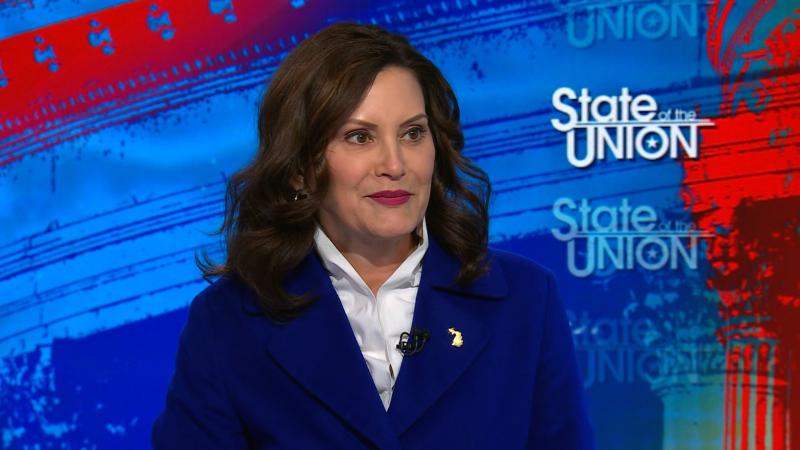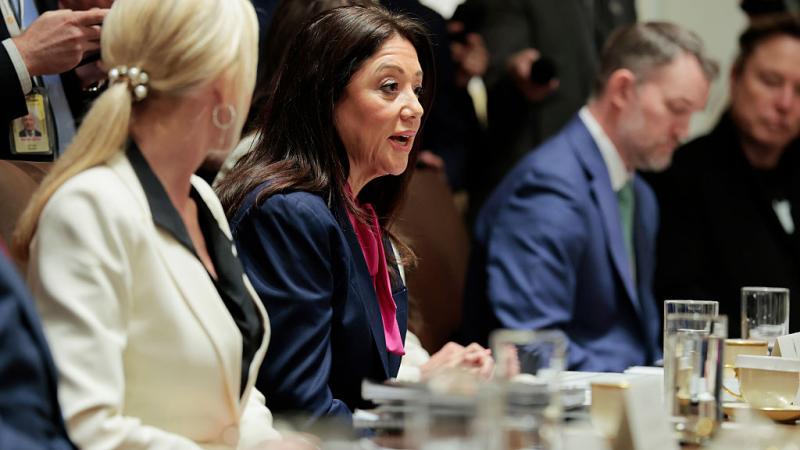Critics warn that Washington landlord tax will backfire
It’s a bill supporters say will either provide more state revenue to fund a homelessness prevention program or prevent higher rent by having landlords agree to caps on increases.
(The Center Square) - Washington residential and commercial landlords are currently exempt from the state’s business and occupation tax, also known as a gross receipts tax.
A proposal in the state Senate would change that by enacting a B&O tax on the gross proceeds of $1 million or more a year. It’s a bill supporters say will either provide more state revenue to fund a homelessness prevention program or prevent higher rent by having landlords agree to caps on increases.
HB 6136 sponsored by Sen. Patty Kuderer, D-Bellevue, would impose a 1.5-1.75% tax on residential and commercial landlords. However, it allow landlords to file for an exemption to the B&O tax if they participated in a “rent stabilization” program in which rent does not increase by more than 5% in a year. The residential landlord tax would take effect in 2025, while the commercial landlord tax would begin in 2027. The tax exemption would last for ten years.
Any tax revenue collected through the bill would be put into the Home Security Fund to fund the Eviction Prevention Rental Assistance Program.
Kuderer told colleagues at a Jan. 17 public hearing of Senate Housing Committee that “because it’s not a mandate, it’s optional, it’s important consideration for us to look at.”
The intent section of the bill notes “the pressing need for affordable and stable housing, the importance of retaining small businesses, and the advantages of leveraging tax policies to support a sustainable rental market that protects residents from excessive rent increases.”
Prior to the public hearing was a work session in which several panel members argued that there’s no evidence to support the idea that regulations have pushed “mom and pop” landlords out of the housing market.
However, those testifying against the bill argued that it would be counterproductive toward the goal of increasing housing supply and affordability. Washington Business Properties Association Managing Director William Shadbolt told the committee that “fundamentally rent control doesn’t work,. it’s never worked. As a small landlord, if this does get enacted…I will continue to sell my rental properties and invest outside the state of Washington.”
He also argued that the tax was unconstitutional based on prior court rulings, but the bill intent section claims “a decision from the 1960s invalidating a state business and occupation tax on rental income is out of step with the court's otherwise consistent analysis.”
Others argued that landlords already pay the property tax, which has increased significantly in recent years. One person testifying argued that the state should “offer more carrots and less sticks” to get housing costs down.
Testifying on behalf of the Washington Multifamily Housing Association, Sheri Druckman told the committee “if you want to disincentive something, you tax it. You cannot make rental housing more affordable by making it more expensive.”
SB 6136 is not currently scheduled for any further action.
















